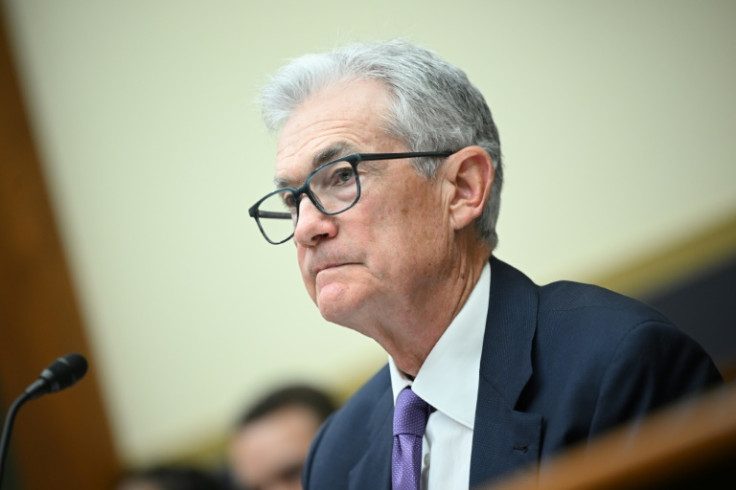
The US Federal Reserve will start cutting interest rates this year so long as current economic trends continue, the head of the US central bank told lawmakers in Washington Thursday.
"What we're seeing is continued strong growth, strong labor market and continuing progress in bringing inflation down," Fed chair Jerome Powell told the US Senate Banking Committee on the second day of hearings on Capitol Hill.
He added that the Fed "can and will" begin cutting its key lending rate over the course of this year "if the economy evolves over that path."
Powell's remarks suggest the Fed still intends to begin lowering interest rates this year from the current 23-year high of between 5.25-5.50 percent, despite a recent uptick in monthly inflation.
That small January rise caused concern in the financial markets about the path of inflation, helping to push back traders' expectations of the start of Fed rate cuts to the summer.
During the Senate Banking Committee hearing, Powell also addressed the Fed's controversial role in climate change regulation.
The Fed's current role is minimal, and is limited to conducting "illustrative scenarios" and providing some guidance to banks, Powell told lawmakers.
"We're not going to change our capital requirements to reflect climate risk or anything like that," he said.
"I'm really determined that we are not a climate policymaker, and that that is really the business of elected officials," he added.
Also speaking Thursday, Cleveland Fed president Loretta Mester told a conference in London that the Fed should be careful not to cut interest rates too soon as it looks to bring inflation down to its long-term two percent target.
"I think the January inflation reports were a good wake up call that you can't count on everything moving in one linear fashion downward," she told the virtual event held by the European Economics and Financial Centre.
"At this point, I think the bigger mistake would be to move rates down too soon or too quickly without sufficient evidence that inflation is on a sustainable and timely path back to two percent," she said.
"Doing so would undermine all of the good work that has gone into getting inflation to this point," she added.
Mester is a voting member of the Fed's rate-setting committee this year, giving her a powerful role in charting the path of US monetary policy.
If the economy performs as anticipated, the Fed will find itself in a position where it can start lowering interest rates "sometime later this year," Mester said.
"My base case is that when we do begin to move rates down, we're going to do so at a gradual pace so that we can continue to manage the risks to both sides of our mandate," she added.







